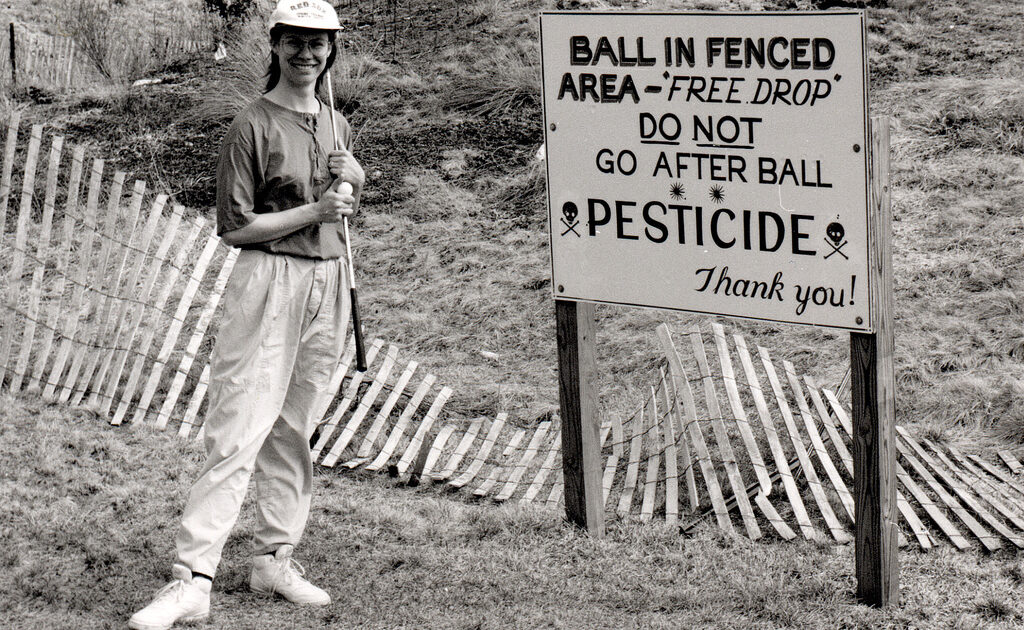Your Grandma’s Levels of Pesticide Exposure May Be Making Your Kids Fat, Study Finds

Pesticide exposure today doesn’t just affect us or our children. New research says your great-grandchildren could be affected by the pesticides you’re exposed to.
In particular, going several generations back to methoxychlor exposure in the last fifty years may be connected to current rates of obesity, kidney disease and ovarian issues.
The research comes from Washington State University, which published the study “Pesticide Methoxychlor Promotes the Epigenetic Transgenerational Inheritance of Adult-Onset Disease through the Female Germline,” published in the journal PLOS ONE.
“What your great-grandmother was exposed to during pregnancy, like the pesticide methoxychlor, may promote a dramatic increase in your susceptibility to develop disease, and you will pass this on to your grandchildren in the absence of any continued exposures,” says Dr. Michael Skinner, who led the research.
Methoxychlor is an organochlorine compound, which was banned in 2003. It was developed as a safer alternative to DDT back in 1948. But exposure to methoxychlor can bring about endocrine disruption similar to other common pesticides. But it’s also bioaccumulative, building up in body tissue (and the environment) over time.
“Previous studies have demonstrated that exposure to chemicals, including fungicides, dioxins, and other endocrine disruptors, can have severe health impacts on offspring,” reports Beyond Pesticides. “This study builds on a history of research showing that pesticides –even a decade after it is banned— can continue to impact health across generations.”
The study author, Dr. Skinner, has been studying the genetic effects linked with pesticide exposure and according to Beyond Pesticides, he wrote “the landmark study that links exposure to the insecticide DDT with multi-generational effects.”
Find Jill on Twitter @jillettinger
Related on Organic Authority
Math Error? Common Pesticides 1,000 Times More Toxic Than Advertised
Image: Paul-W

